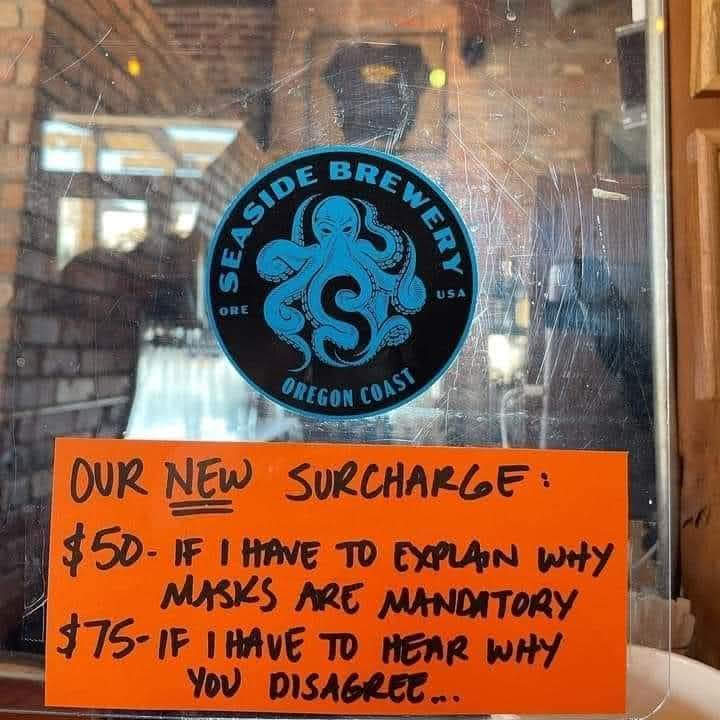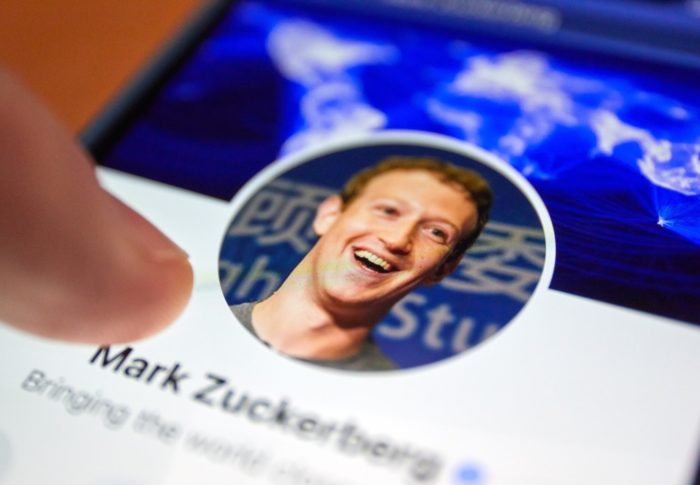1. Good Monday Morning
Crypto enthusiasts and industry insiders will be eagerly anticipating Coinbase’s upcoming IPO this week. Coinbase will now be one of just three companies with a billion dollar valuation exclusively operating within the crypto market according to CB Insights’ data.
As Ramadan begins today, a quick correction from last week when Spotlight said Easter had occurred the previous day. As I was graciously reminded by Reverend Laura Cochran, Easter Sunday was the beginning of the 50 day Eastertide season. In addition, the world’s Eastern Orthodox observers celebrate Easter Sunday this year on May 2.
Today’s Spotlight is 1,275 words — about a 5 minute read.
2. News To Know Now
Quoted: “Targeting LinkedIn is not rocket science. It is social media for the corporate world with a description of the key players in every industry. I assume that I am a target too and always look for that.” — Chris Morales, CIO of Netenrich to Threatpost about new phishing attacks on LinkedIn job searchers.
a) Amazon’s share of U.S. digital advertising grew to 10 percent in 2020, up from 7.8 percent the year before, according to a new report from eMarketer on Wednesday that examines the company’s growing dominance in what it calls the US advertising triopoly. Despite this, Google and Facebook’s market share remained relatively unchanged
b) An algorithm operated by Google allegedly used data gathered from past ad-buying bids to give its own system an edge over competitors. Google’s controversial Project Bernanke had been withheld from publishers according to court documents filed in the case 10 states have filed against Google. This is the same lawsuit that alleged proof of a deal with Facebook to competitively cooperate. (Wall Street Journal)
c) A Texas man who allegedly plotted to blow up a data center in Virginia has been charged with a malicious attempt to destroy a building with an explosive. Seth Aaron Pendley, 28, was arrested on Thursday after allegedly attempting to obtain an explosive device from an undercover FBI employee in Fort Worth. Pendley reportedly stated that 70% of all internet traffic flowed through the Ashburn data center, demonstrating a profound misunderstanding of how the internet works. He also participated in the January 6 insurrection at the US Capitol.
Also know these headlines:
DoorDash, Instacart Eye Launching Credit Cards — Retail Brew
YouTube Testing Hiding Dislike Counts — Search Engine Journal
3. COVID-19 Tech News
Data — Daily Average (7 day trailing)
US Deaths — 761
US Hospitalizations — 43,706
US fully vaccinated — 29.1%
Great Trackers
Overview — Johns Hopkins
Vaccine Distribution — Washington Post
Vaccine Finder — CDC Project
Risk Calculator — Brown
New York Times tracker that allows you to customize a daily email with multiple cities and towns that you’re monitoring: Click here to configure.
Coronavirus & Tech News
Counterfeit Vaccine Cards Pop Up, Virginia Tells Twitter, eBay — Dogwood
The Next Great Disruption is Hybrid Work. Are We Ready? — Microsoft
4. Search Engine News
Google has released updated product review guidelines.They include demonstrating expert knowledge, providing unique content beyond manufacturer’s information, quantitative metrics, and more. Google provided writers with nine bulleted review questions to consider. That is the closest thing to a template that we’ve ever seen Google offer. Expect to see much more standardization in product reviews across the internet any moment.
Google also clarified that it does not want businesses to include telephone numbers in posts to Google My Business, but rather to use a “Call Now” button widget available to business owners. Some among you may think they have done so to track consumers and act as gatekeepers between companies and consumers. I applaud that thought process.
5. In The Spotlight — Police Facial Recognition Use
A great deal of misinformation continues to spread regarding police facial recognition use in addition to a conflation of biometrics and police work. There are more reasons to embrace biometrics including facial recognition, but consider these high profile events:
- Following the U.S. Capitol domestic terror attack, Facebook provided police facial recognition data and “helped them identify people who posted photos of themselves from the scene, even after the attack was over.”
- Using automated license plate readers, the Oklahoma government is tracking uninsured vehicles throughout the state and mailing $174 citations to the owners.
- Minneapolis police are banned from using facial recognition technology.
- Police in Massachusetts are allowed to conduct searches while under a judicial order, with a non-law enforcement agency conducting the search.|
- Police in New York City are coming under fire for running thousands of searches using a controversial system called Clearview AI that scraped social media sites to build its database.
But biometric identification isn’t just for law enforcement; schools, companies, and landlords use it for access to restricted areas. Another use is WorldReach’s Know Your Traveller service that enables people to easily apply for eVisas and travel documents from home.
Those who work with facial recognition admit that the technology has shortcomings, but not biases since the code functions exactly as humans direct. Within the limitations of the system, further distinctions are drawn between false positives and false negatives and the outcomes for each. Another key issue is the way the images are collected.
Those Clearview AI images NYPD officers used for searches were collected scattershot from social media. They show people in wildly differing conditions and were stored in low-resolution formats. A higher resolution image taken in consistent lighting with consistent equipment responds best to an algorithm created by humans.
6. Debunked — KC Superintendent Didn’t Tweet at Rapper
Someone created a parody Twitter account of Kansas City Schools Superintendent Mark Bedell and tweeted to rapper Bhad Bhabie about her Only Fans account.
You already know it’s not him, but here’s the AP confirming it.
7. Following Up — Google AI Ethics Again, LinkedIn Data Leak
We’ve been writing about Google’s ouster of the co-founders of the company’s AI ethics team after one co-authored an academic paper critical of the type of machine learning that the company’s search engine uses. According to Bloomberg, the executive they reported to has announced his departure at the end of the month.
We also wrote extensively last week about a massive Facebook data leak being made available free on the dark web. Now Cybernews reports that hackers have scraped 500 million LinkedIn records and are selling them. They’ve posted two million of the records free as proof.
8. Protip — Google Chrome Live Captions
Whether you have impaired hearing or simply work in a noisy environment, Google Chrome can now automatically caption videos as they play.
There’s a video at the announcement to show you how to do it.
9. Screening Room – Sam Adams’ Cousin & Vaccination
10. Science Fiction World — Elon Musk’s Monkey
I was pretty impressed with Elon’s new tunnel under Vegas, but the Neuralink company he owns swears that their brain machine interface has now allowed a primate to control a Pong-like video game with its mind. The implications are staggering for a world of people with disabilities and injuries.
Here’s their announcement and video.
11. Coffee Break — Tokyo Live
This remarkable site shows activity throughout the Tokyo metro system including live ground level and underground images of where vehicles are located.
You can add in layers for weather, view live cameras, and watch a real city go about its real activities.
The mesmerizing Tokyo map is here.
12. Sign of the Times




